
2025-01-31 17:24
IndustriaPrice Inflation In Forex Market
#firstdealofthenewyearFateema
In the forex market, price inflation refers to the impact of rising prices on a currency's value. Inflation affects forex trading in several ways:
1. Inflation and Currency Value
Higher inflation in a country typically weakens its currency because purchasing power decreases, making it less attractive to investors.
Lower inflation generally strengthens a currency as it maintains purchasing power and economic stability.
2. Central Bank Policies
If inflation rises too much, central banks (like the Federal Reserve, ECB, or BOE) may increase interest rates to control inflation, which can strengthen the currency.
If inflation is too low or negative (deflation), central banks may cut interest rates or use quantitative easing, weakening the currency.
3. Exchange Rate Movements
High inflation leads to depreciation as foreign investors demand less of that currency.
Countries with stable or low inflation tend to have stronger currencies over time.
4. Inflation Indicators to Watch in Forex Trading
Consumer Price Index (CPI) – Measures price changes in goods/services.
Producer Price Index (PPI) – Tracks price changes from producers.
Core Inflation Rate – Excludes volatile items like food and energy.
Interest Rate Decisions – Set by central banks in response to inflation trends.
Me gusta 0

FX1816125491
Trader
Contenido delicado
Industria
Trabajo de WikiFX
Industria
Trabajo a tiempo parcial
Industria
gana sin invertir solo por usar una app
Industria
Evento de subsidio en México
Industria
gana 100 dólares con un minimo de inversión de 4 dólares
Industria
Evento de subsidio de Colombia
Categoría del foro

Plataforma

Exposición

Agente

Contratación

EA

Industria

Mercado

Índice
Price Inflation In Forex Market
 Nigeria | 2025-01-31 17:24
Nigeria | 2025-01-31 17:24#firstdealofthenewyearFateema
In the forex market, price inflation refers to the impact of rising prices on a currency's value. Inflation affects forex trading in several ways:
1. Inflation and Currency Value
Higher inflation in a country typically weakens its currency because purchasing power decreases, making it less attractive to investors.
Lower inflation generally strengthens a currency as it maintains purchasing power and economic stability.
2. Central Bank Policies
If inflation rises too much, central banks (like the Federal Reserve, ECB, or BOE) may increase interest rates to control inflation, which can strengthen the currency.
If inflation is too low or negative (deflation), central banks may cut interest rates or use quantitative easing, weakening the currency.
3. Exchange Rate Movements
High inflation leads to depreciation as foreign investors demand less of that currency.
Countries with stable or low inflation tend to have stronger currencies over time.
4. Inflation Indicators to Watch in Forex Trading
Consumer Price Index (CPI) – Measures price changes in goods/services.
Producer Price Index (PPI) – Tracks price changes from producers.
Core Inflation Rate – Excludes volatile items like food and energy.
Interest Rate Decisions – Set by central banks in response to inflation trends.
Me gusta 0
Yo también quiero comentar.
Enviar
0Comentarios

No hay comentarios todavía. Haz el primero.
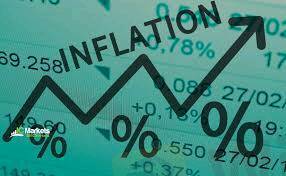
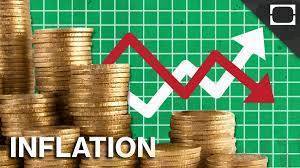
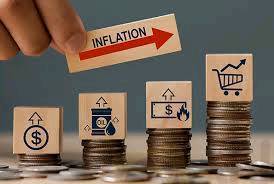
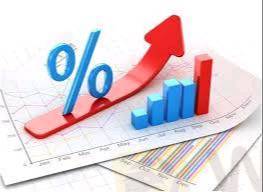
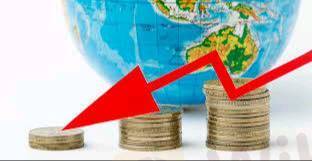
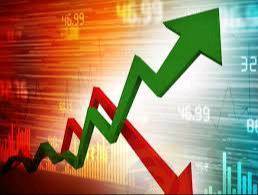
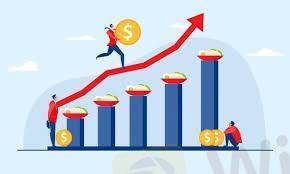


Enviar
No hay comentarios todavía. Haz el primero.